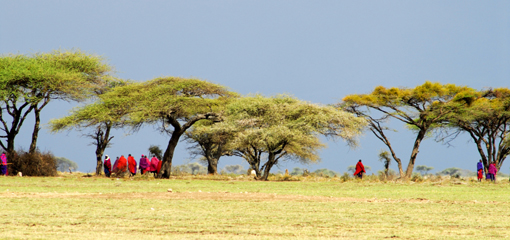
Conference themes
Economy and society
Contributions focusing on all aspects of African economic life across different spatial and temporal scales; local to global analyses of the economy; political economy and environmental issues; social and economic development; comparative approaches.
Interpreting sources for the study of Africa's past and present
Critical analyses of sources in different languages and available in different media (written and oral sources, epigraphies, inscriptions, etc.); studies focusing on the production, transmission, and translation of knowledge, authorship, positioning, censorship, and hermeneutical questions.
Africa's treasures
Studies of African art, performance, media and communication; critical analyses of the representation of African history and societies in museums. The submission of creative contributions (such as readings of African literature and poetry, visual installations, and screenings of films) will be considered.
Power, information, participation, exclusion
Studies of political structures, discourses, and agency; the formation and transformation of political movements; forms of political participation; incorporation and rejection; the production of instrumental knowledge.
Religious encounters
Religious practices and beliefs; transformations of religious phenomena, institutions, and identities; analyses of relations within and between religious movements; ritual.
Social inequalities
Hierarchy, dependence, subordination, resistance, and power struggles. Historical, anthropological, and legal analyses of labour regimes and labour relations. Race, gender, class, ethnicity, status. Free and unfree labour, slavery, slave descent, and the slave trade.
50 years of African studies: ground covered and ways forward (round table)
The conference programme will include a roundtable with individual presentations focusing on the retrospective assessment of African Studies in different regions, countries, and/or fields of enquiry, and debate on present approaches and future developments.